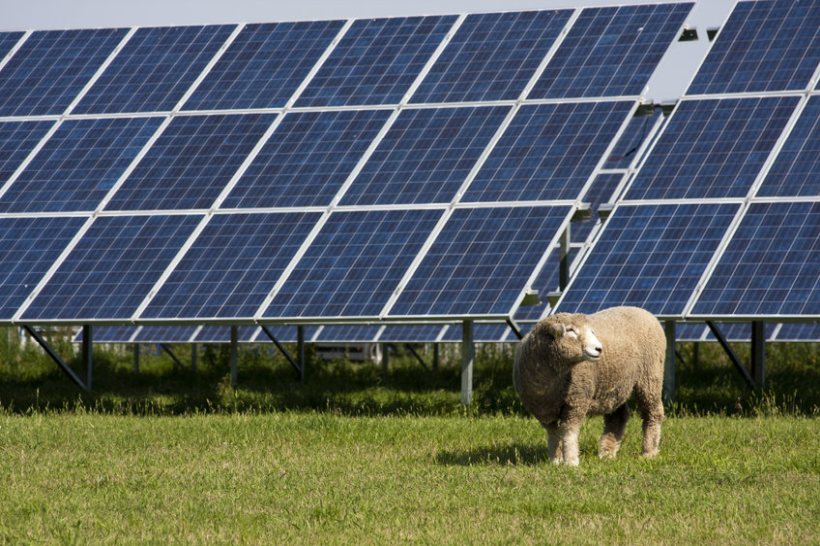
More support for farmers and land managers is 'urgently needed' to achieve the government’s target of net zero by 2050, peers say.
The House of Lords Science and Technology Committee warns that ambitious plans for nature-based solutions are at 'severe risk of failure'.
In a report released today, the Committee says this will put net zero by 2050 at 'risk' as well as 'undermine' the UK farming industry.
Policy uncertainty, such as the lack of detail surrounding the Environmental Land Management schemes (ELMS), is 'hindering' the adoption of nature-based solutions on farms.
The committee says that farmers and land managers need more certainty if the government’s targets are to be met.
The UK also does not have the requisite skills to deliver nature-based solutions at scale. Skills deficits range from forestry, ecology, to advice for farmers.
The committee calls for a training and advisory service for farmers to help them negotiate a new funding landscape, and to change land management practices where appropriate.
Tenancy agreements may also need to change to enable the costs and benefits to be shared between the tenant and landowner.
And guaranteed funding for land managers and farmers over the long term will ensure that they can take the right actions for the environment and stay in business.
Chair of the House of Lords Science and Technology Committee, Lord Patel said the government's net zero and nature plans would not work without the support of farmers.
“While the government's plans have much potential to help the UK achieve net zero by 2050 as well as restore its natural environment, these plans are at severe risk of failure.
“In the United Kingdom, 72 percent of land is agricultural, so it is essential that farmers are fully engaged and supported by the government."
Lord Patel said the support must take the form of incentives, training, an advisory service, and support to adapt to changes in farming methods, subsidies, and land use.
"Key decisions must be made about how the UK should use its land and the role of nature and carbon markets in supporting nature restoration."
The Committee's report also calls on the government to define the role of carbon and natural capital markets.
It says a lack of regulation risks private investment being directed towards schemes that will provide few benefits for the environment and undermine the effort to reduce emissions.
The government should also set out how competing demands on land will be balanced and how they will ensure environmentally damaging activities are not simply offshored.
